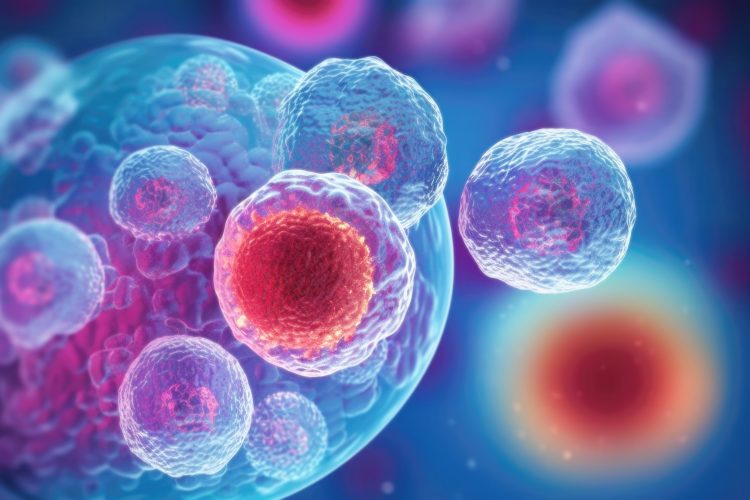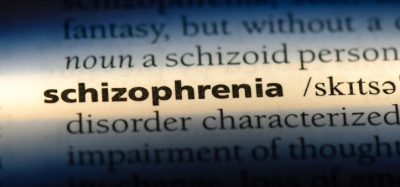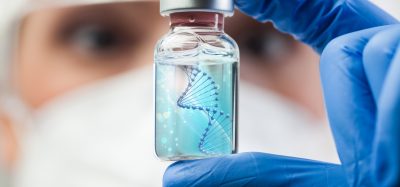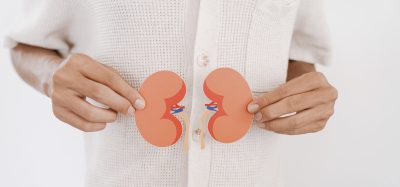A gentle squeeze: Scientists use physical force to transform stem cells into bone
Posted: 17 July 2025 | Drug Target Review | No comments yet
Researchers at the National University of Singapore have discovered that physically squeezing stem cells through narrow spaces can trigger their transformation into bone-forming cells – potentially allowing for development of new bone repair therapies.


In a new study that could advance bone repair , scientists at the National University of Singapore (NUS) have discovered that human stem cells can become bone-forming cells – simply by being physically squeezed through tight spaces.
Published in Advanced Science, the study demonstrates that stem cell development can be influenced not only by chemical signals, but also by the mechanical stresses experienced as cells move through narrow tissue spaces.
Physical cues, not just chemical ones
The research, led by Assistant Professor Andrew Holle of the NUS Department of Biomedical Engineering and the Mechanobiology Institute (MBI), focused on mesenchymal stem cells (MSCs). These adult stem cells – found in bone marrow and other tissues – are widely used in regenerative medicine for their ability to differentiate into bone, cartilage and fat cells.
“To test how physical forces influence stem cell fate, we developed a specialised microchannel system that mimics the narrow tissue spaces cells navigate in the body,” explained Holle.
When the MSCs were forced through extremely narrow channels – just three micrometres wide – the researchers observed lasting structural changes in the cells. This mechanical stress triggered increased activity in RUNX2 – a gene critical to bone formation. Surprisingly, the cells retained these changes even after they exited the channels.
“Most people think of stem cell fate as being determined by chemical signals,” said Asst Prof Holle. “What our study shows is that physical confinement alone – squeezing through tight spaces – can also be a powerful trigger for differentiation.”
Mechanical ‘memory’ and simpler solutions
The study shows that stem cells remember the physical stress of confinement – called mechanical ‘memory’ – which influences how they behave in the future.
Unlike traditional methods that rely on chemical treatments to guide stem cell development, this approach may offer a simpler and safer alternative.
“This method requires no chemicals or genetic modification – just a maze for the cells to crawl through,” said Holle. “In theory, you could scale it up to collect millions of preconditioned cells for therapeutic use.”
Implications for bone repair and beyond
These findings may significantly improve how materials and scaffolds are designed for bone repair by creating physical environments that naturally encourage cell development.
By tuning the mechanical properties of materials, we might be able to steer stem cells more reliably toward the cell types we want
“By tuning the mechanical properties of materials, we might be able to steer stem cells more reliably toward the cell types we want,” Holle said.
His team is also eager to explore whether preconditioned cells might perform better when used to treat injuries. “We’d like to test whether preconditioned cells that have gone through this mechanical selection are better at promoting healing when introduced at injury sites,” he added. “That’s one of the next steps.”
A broader role in cell therapy?
Because MSCs naturally migrate toward tumours, the team is curious whether mechanically primed cells could better penetrate dense tumour tissue – a longstanding challenge in cell-based cancer therapies.
They are also investigating whether this approach can apply to more versatile stem cells – such as induced pluripotent stem cells (iPSCs) – which can develop into nearly any cell type.
“We suspect that confinement plays a role even in embryonic development,” said Holle. “Cells migrating through crowded environments early in life are exposed to mechanical stress that could shape their fate. We think this idea has potential far beyond just MSCs.”
Related topics
Assays, Bioengineering, Cell Therapy, Cell-based assays, Regenerative Medicine, Stem Cells, Translational Science
Related conditions
Cancer
Related organisations
the National University of Singapore (NUS)








